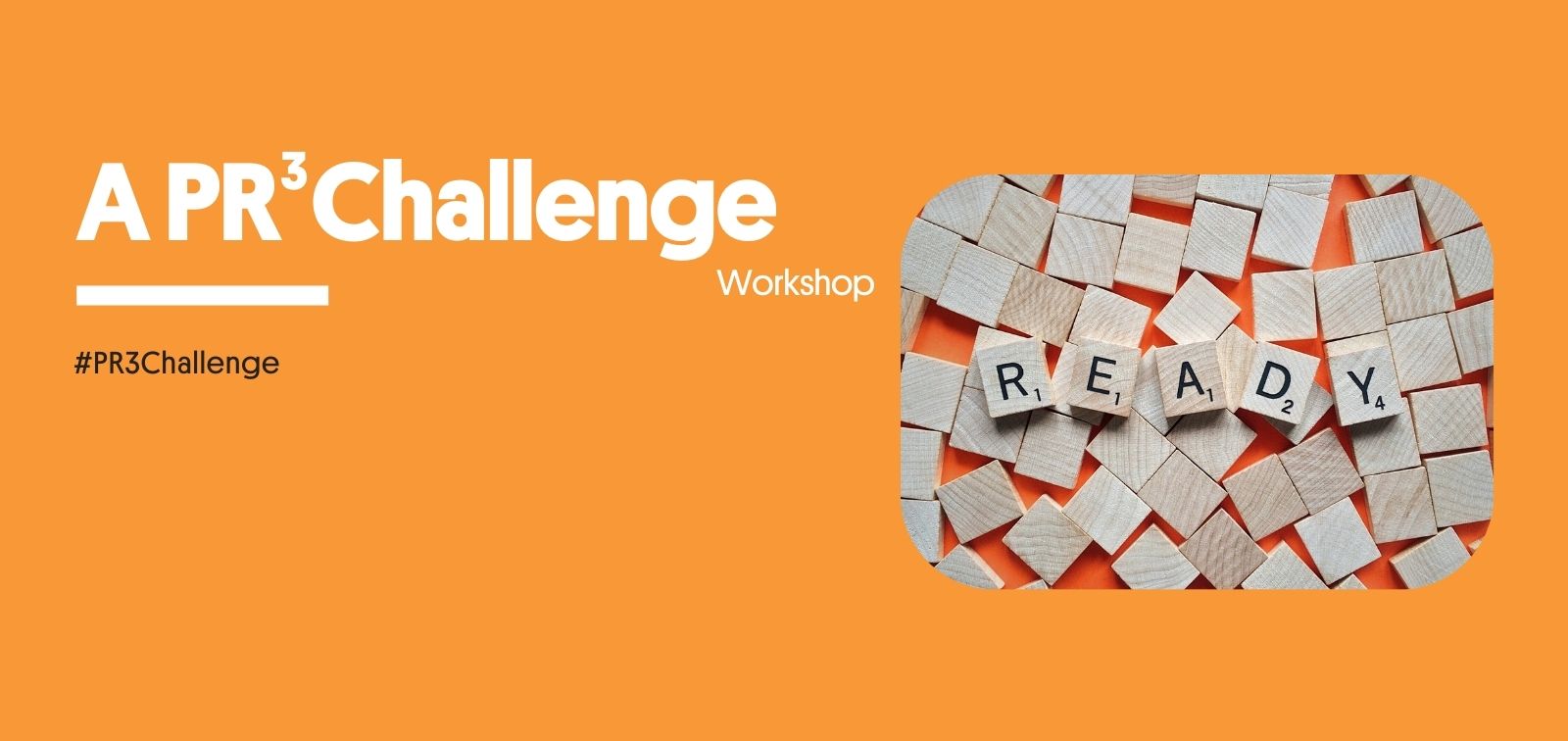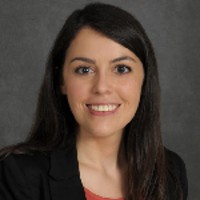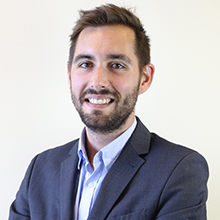A PR3 Challenge: Preparedness and Response in the Era of Systemic Environment and Health Crises
An ISGlobal Workshop
05.05.2022
- Date
- 05/05/2022 - 06/05/2022
- Hour
- 11.00 - 17.30 h CET (Barcelona) / 12:00 - 14:00 h CET (Madrid)
- Place
-
CaixaForum Macaya (Barcelona), Fundación Ramón Areces (Madrid) and also online
- Speaker
- Several speakers
The global crisis posed by the COVID-19 pandemic has had major impacts in all areas of our lives, ranging from the direct effect of the SARS-CoV-2 infection on COVID morbidity and mortality to indirect effects of the pandemic on the health and well-being of populations across the globe, the health system, economy, societies, and education.
History has shown us that our health and well-being can also be affected by a variety of other hazards, including natural disasters, chemical, radiological and physical hazards, and biological hazards (epidemics and pandemics, emerging infectious diseases (EIDs) and bioterrorism). The key lesson from COVID-19, and this is a lesson we learned previously from nuclear accidents is the need to be much better prepared. COVID-19 has exposed the fragmentation of the global governance for health emergency preparedness and response and the key role that science, research and innovation can play in having a world better ready for future health crises as also identified by European Global Health Institutes Network (EGHRIN).
As a consolidated hub of excellence in research with a mission to translate science into policies and practices, the Barcelona Institute for Global Health (ISGlobal), a member of EGHRIN, wants to reach out to other actors in order to contribute to and advance this fundamental debate. For that purpose, we are establishing an institutional hub/centre on preparedness, bringing together our existing expertise and capacities and our existing networks of collaborators. We have coined the term PR3 as the guiding concept that combines the different phases of preparing for and responding to crises: Preparedness, Response, Recovery and Resilience.
It is only through such a comprehensive approach –both in terms of disciplines and capacities– that we will be able to tackle the systemic environmental risks to health in the coming future. Experience from COVID-19 and nuclear accidents show many commonalities related to preparedness, response, recovery and resilience, and in fact many of the lessons from the Chernobyl and Fukushima accidents and recommendations based on these can be translated directly to the COVID-19 pandemic.
The PR3 model below takes into account the wide variety of hazards that could lead to a public health crisis. It includes several steps in the continuous spectrum of preparedness, response and recovery/resilience phases, based on the successes and challenges observed during COVID-19 health crisis.
Meeting structure
The objective of the proposed workshop is to draw lessons related to PR3 from different complementary environmental and public health crises and discuss how best to incorporate them into future all-hazards preparedness plans at the global, regional, country and local levels. Drawing from the lessons learned in the hectic debate of the last two years, we want to bring together experts, practitioners and decisionmakers in a complex conversation that reflects the nature of the challenges ahead. Participation of early career researchers is encouraged.
With this in mind, the workshop is organised in three parts, the third of which will be open to the public:
Barcelona venue (May 5)
- A thematic session, covering PR3 strategies related to different types of health crises: infectious diseases, chemical, radiological and natural disasters, including those arising from climate change. With a strong focus on science, the objective is to identify commonalities and differences in order to outline a common approach and to create a network of experts in Europe and elsewhere to prepare and respond to different public health crises.
- An institutional session, looking at existing and emerging responses at the local, national, European and global levels. The objective of this session is to review ongoing initiatives and activities related to PR3 in their different forms. This should help institutions identify new areas for collaboration and for engagement of the scientific community in order to strengthen PR3 capabilities.
Madrid venue (May 6)
- High-level panel: this session will take place in Madrid the day after the technical workshop in Barcelona. We will open the conversation to the public through a dynamic (Davos’ style) round table with those in charge of taking these decisions forward. Based on short summaries from the two workshops and engaging a wide range of stakeholders at different levels (politicians, philanthropists, public officials, communicators), we will discuss how best to collaborate in the implementation of a meaningful preparedness and response framework.
Outcomes
The findings of the discussions during the workshop will be used to develop recommendations and actions for strengthening preparedness and response at different levels and incorporating best-evidence strategies. These will be summarised in a paper submitted to a scientific journal with wide readership.
Information
- Language: The sessions in Madrid will take place in both English and Spanish. The sessions in Barcelona will only take place in English.
- Free admission. Previous online registration necessary. Limited capacity in Barcelona.
- Participation of early career researchers is encouraged
- The event will be recorded for those people who may not be able to attend and for documentation purposes. By default, your microphone and camera will be muted when you join the Barcelona sessions by Zoom meeting (previous online registration necessary). If you do not want to be included in the recording, simply keep your camera and microphone off —you may ask questions in the chat window.
- Streaming (for the Madrid session on May 6): www.fundacionareces.tv/directo
Barcelona venue. CaixaForum Macaya (pg. de Sant Joan, 108) & online / May 5, 2022
| 11.00 - 11.30 h | Institutional welcome: Antoni Plasència, ISGlobal & Ignasi Lopez, "la Caixa" Foundation Introduction to the workshop: Elisabeth Cardis and Gonzalo Fanjul, ISGlobal |
| 11.30 - 14.00 h |
WORKSHOP 1 – THEMATIC SESSION Review of scientific PR3 strategies for different types of crises Moderator: Elisabeth Cardis
INFECTIOUS DISEASES / BIOLOGICAL DISASTERS CHEMICAL/OCCUPATIONAL DISASTERS RADIOLOGICAL DISASTERS NATURAL DISASTERS / VOLCANO ERUPTIONS CLIMATE CHANGE WAR AND REFUGEES Discussion: Summary of commonalities and differences – |
| 14.00 - 15.00 h | Lunch break |
| 15.00 - 17.45 h |
WORKSHOP 2 – INSTITUTIONAL SESSION Moderator: Gonzalo Fanjul
GLOBAL EUROPE AMERICA AFRICA NATIONAL USA —National Institutes of Health, Disaster Research Response Program. Aubrey K. Miller, Senior Advisor |
| 17.45 - 18.15 h | Tea break |
| 18.15 - 19.30 h |
FINAL SESSION – Brainstorming Objectives: Identification of actions/activities across the different hazards: |
| 19.30 - 21.00 h | Evening reception for all participants |
Madrid venue. Fundación Ramón Areces (c/ Vitruvio, 5) & online / May 6, 2022
| 12.00 - 14.00 h |
Institutional welcome by Fundación Ramón Areces SHORT PRESENTATION OF ISGLOBAL PR3 MODEL AND SUMMARY OF FIRST TWO SESSIONS DIALOGUE WITH DECISION-MAKERS MODERATED BY: Participation from the audience. *Speakers from Barcelona sessions will be able to participate in Madrid session |
Register to attend the event in Barcelona and Madrid or watch it on streaming
With the collaboration of:


An the support of:











